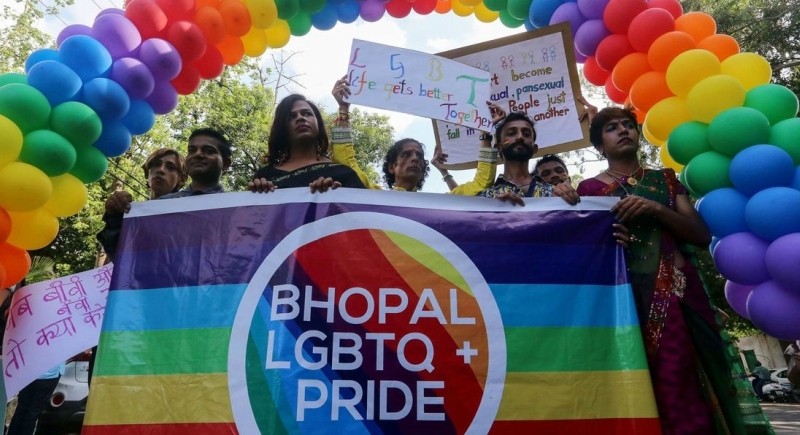UN India appreciates decriminalization of homosexuality
New Delhi, September 7: Hours after Supreme Court decriminalized homosexuality, the United Nations (UN) on Thursday lauded the decision and said that the judgment will boost efforts to eliminate stigma and discrimination against Lesbian, Gay, Bisexual and Transgender people, Intersex people (LGBTI persons).

Notably, the United Nations India in a statement, “The United Nations in India welcomes the landmark ruling by the Supreme Court of India striking down a key component of Section 377 of the Indian Penal Code which criminalized specific sexual acts between adults, a law dating back to British colonial rule that has targeted in particular lesbian, gay, bisexual, transgender and intersex (LGBTI) individuals and communities.”
“Sexual orientation and gender expression form an integral part of an individual’s identity the world over, and violence, stigma and discrimination based on these attributes constitute an egregious violation of human rights. LGBTI persons across the world continue to be the targets of violent attacks and are affected by multiple and intersecting forms of discrimination based on age, gender, ethnicity, disability and social status,” it said in a statement.
“The UN in India sincerely hopes that the court’s ruling will be the first step towards guaranteeing the full range of fundamental rights to LGBTI persons. We also hope that the judgment will boost efforts to eliminate stigma and discrimination against LGBTI persons in all areas of social, economic, cultural and political activity, thereby ensuring a truly inclusive society. The focus must now be on ensuring access to justice, including remedy; effective investigations of acts of violence and discrimination; and effective access to economic, social and cultural rights,” UN India concluded.
"LGBT Community has same rights as of any ordinary citizen," said CJI Dipak Misra.
Section 377 refers to 'unnatural offences' and says whoever voluntarily has carnal intercourse against the order of nature with any man, woman or animal shall be punished with imprisonment for life, or with imprisonment of either description for a term which may extend to 10 years, and shall also be liable to pay a fine.
The apex court, however, said other aspects of Section 377 of IPC dealing with unnatural sex with animals and children shall remain in force.
Section 377 instigated quite a considerable level of argument with some supporting it with the free mindset to accept the community while the others argued how the community and legalizing Section 377 will hamper the social society.
Reacting to arguments that homosexual behavior leads to spread of HIV, Justice D.Y. Chandrachud said, public acceptance of people in gay relationships will help meet health concerns and control the spread of HIV. Same-sex couples living in denial with no access to medical care were more prone to contracting and spreading sexually-transmitted diseases.
The Judge stated that all suppression is wrong.